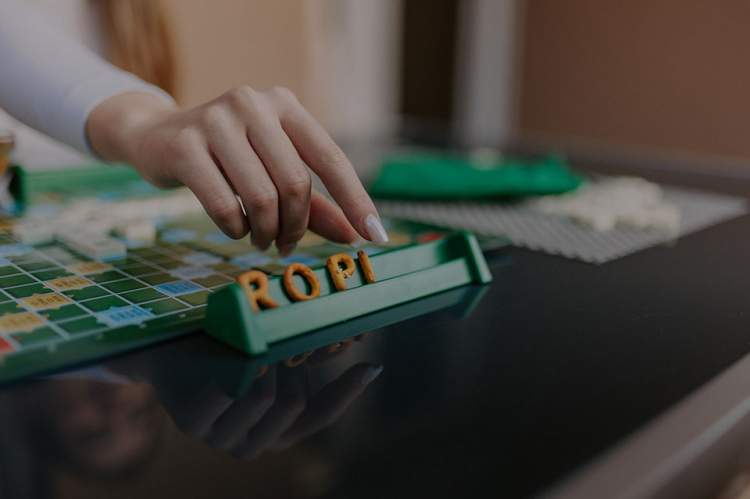Sunnaf of the du'a
We can distinguish between the prescribed prayer, which has an obligatory practice, a ritual, what is Sunnah and the du'a what is different. The Sunnah of the prayer was given by Allah (SWT) to the Prophet (peace be upon him) on his way to the heaven (mi'raj). The language of prayer is Arabic, its prescribed movements are fixed.
Du’a is different. Du'a is not a prayer, but a supplication that complements the prayer. In prayer we fulfill the request of Allah towards Him, in the du'a we turn with our appeal to Allah. There are traditional supplications, collections of du'as that are performed by different peoples in different places. Due to those roots in local traditions, are profoundly experienced by those who live in that particular tradition. The form of du'a is not bound like that of prayer. The performed text is not bound either, it is left to the individual. According to tradition the supplication of the sick, the one who fasts, the oppressed, the one on the way, the one who performs it instead of someone for someone and the supplication of the father for his child are the most powerful du'as before Allah. In general, every du'a is responded and is Sunnah. Here I discuss the cases that invalidate the du'a.

Abu Huraira reported: The Messenger of Allah, peace and blessings be upon him, said, “Call upon Allah with certainty that he will answer you. Know that Allah will not answer the supplication of a heart that is negligent and distracted.”
Source: Sunan al-Tirmidhī 3479
Grade: Hasan (fair) according to Al-Albani
The basic condition of the du'a is to get to the depths, to shut out the outside world, and to be there with full heart and soul. We are not talking about a text repeated by a parrot, but a deep supplication where every word and thought should be profoundly sensed and comprehended. Because of the deep comprehension and empathy, the Arabic language is not a requirement for those who are not Arab. Contrary to prayer, the believer can perform the supplication in his/her native tongue, for he/she can express his/her thoughts profoundly, and the mother tongue brings him/her to the depths where he/she can feel him/herself the closest to Allah.

On the authority of Abu Hurayrah (ra):
The Messenger of Allah (peace be upon him) said, “Allah the Almighty is Good and accepts only that which is good. And verily Allah has commanded the believers to do that which He has commanded the Messengers. So, the Almighty has said: “O (you) Messengers! Eat of the tayyibat [all kinds of halal (legal) foods], and perform righteous deeds.” [23:51] and the Almighty has said: “O you who believe! Eat of the lawful things that We have provided you.” [2:172]” Then he (peace be upon him) mentioned [the case] of a man who, having journeyed far, is disheveled and dusty, and who spreads out his hands to the sky saying “O Lord! O Lord,” while his food is haram (unlawful), his drink is haram, his clothing is haram, and he has been nourished with haram, so how can [his supplication] be answered? [Muslim]
Reference: 40 Hadith Nawawi 10
The du'a cannot be responded if its master feeds on Haram. Food, drink and clothing are defined in the text. But there is a fourth category: and he has been nourished with haram. The explanation is money, income. So, whoever earns his/her livelihood in a way what cannot please Allah, his/her du'a is worth nothing.

Abu Huraira reported:
The Messenger of Allah, peace and blessings be upon him, said, “Every one of you will have his supplications answered, as long as he is not impatient and says: I have supplicated but I was not answered.”
Source: Ṣaḥīḥ al-Bukhārī 5981, Ṣaḥīḥ Muslim 2735
Allah cannot be urged. He is the Best Knower of when to adjust one's fate.
There are many other Hadith that commemorate the du'a, however I have mentioned those what are about the devotion of consciousness. Consciousness is getting fewer and it is the time to sharpen it.



















